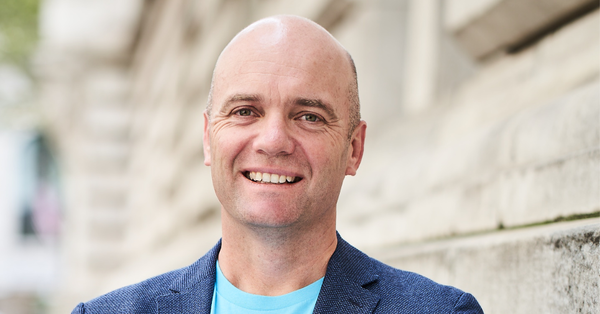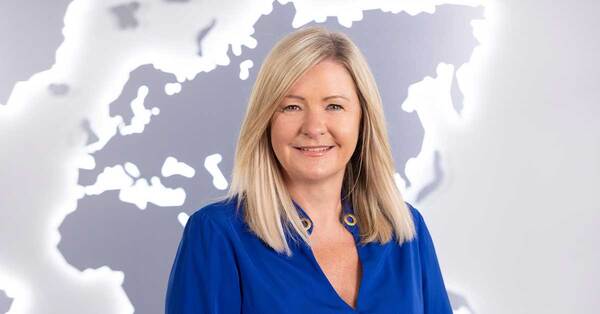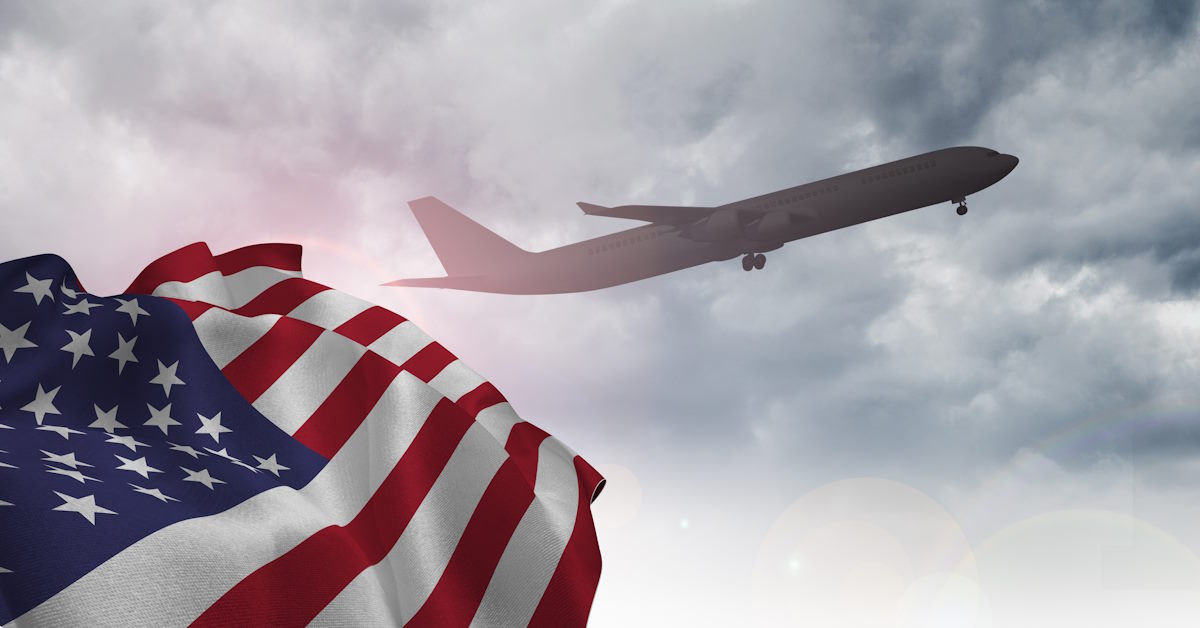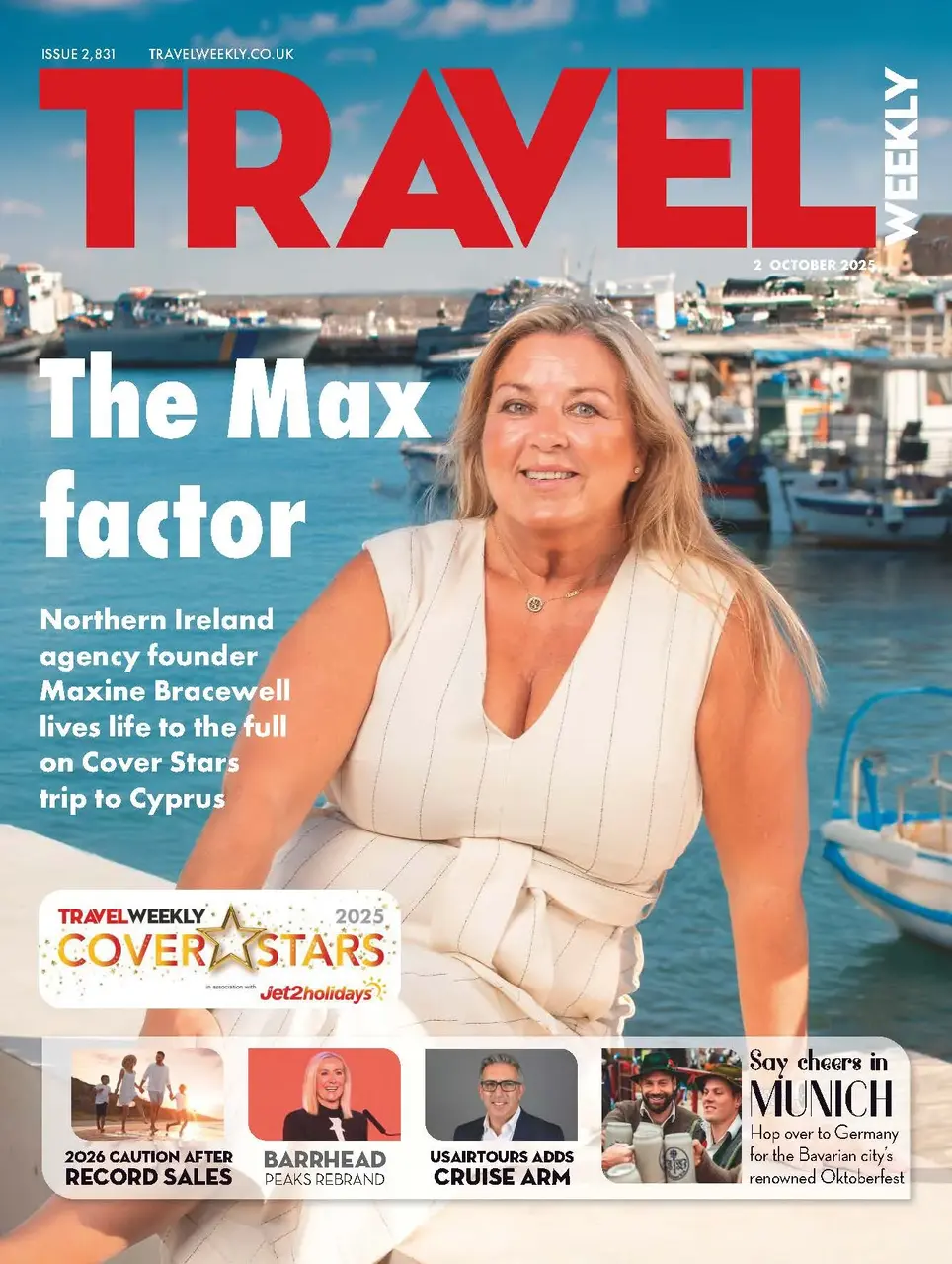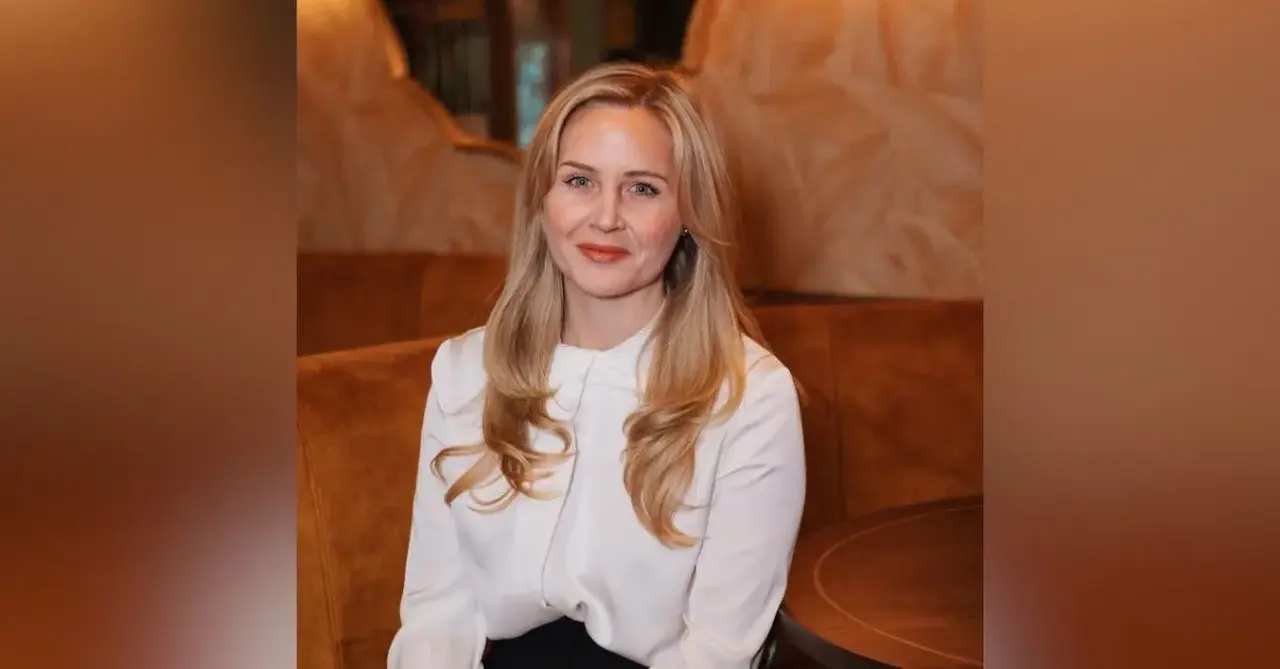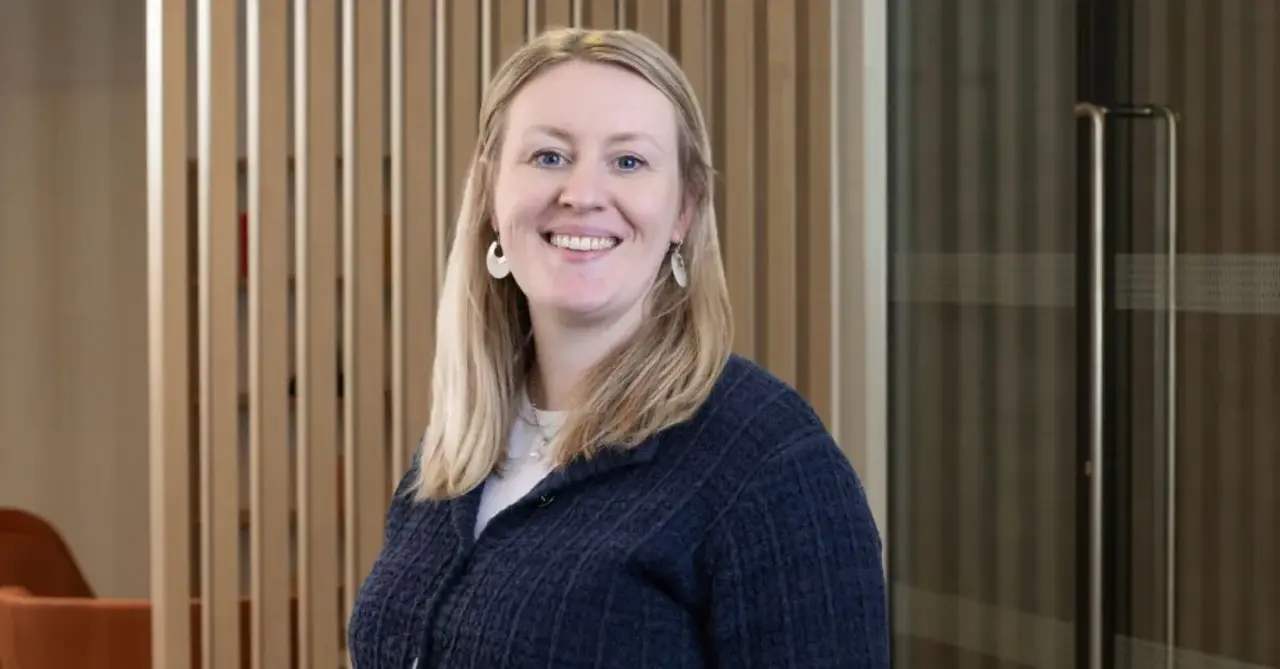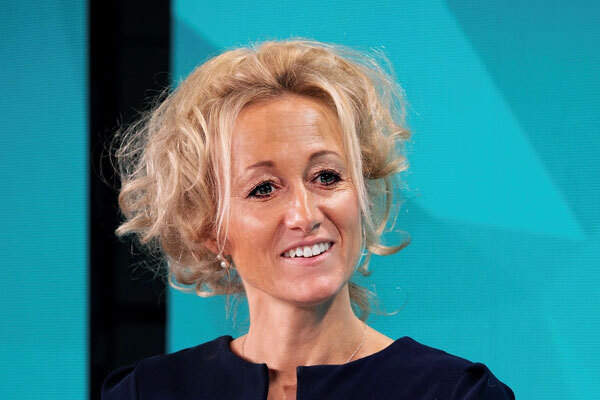You are viewing 1 of your 2 free articles
Comment: The narrative around ‘accessible travel’ has to change
So called ‘accessible travel’ is a cottage industry. Always has been. I would know, having launched the tour operator Accessible Travel & Leisure in 1997 with the aim of shifting the narrative from disability to accessibility and taking it ‘mainstream’.
When I took my leave in 2004 we were already being racked in the high street, so there was some degree of success in that regard. But the specialist model is not sustainable or indeed scalable. If it was, we would have seen ‘powerhouse’ brands evolving across the globe over the decades, but it just hasn’t happened. And if we look at who was in the market 10 years ago few, if any, have survived.
Of course Covid took its toll but that simply exposed the fragility of those that were hanging in there. For sure there are new and excellent products emerging but they tend to be micro-niche, even within the niche market of ‘accessible travel’. These specialists are brilliant, but globally they are probably carrying fewer than 5,000 customers collectively.
So what are the barriers to growth? Well, it's darned hard work for starters. Take ‘regular’ travel and multiply it by a factor of 10 in terms of effort required. That's not because of any capability deficit but because the specialists cannot interface with the workings of the travel and tourism infrastructure – the supplier ecosystem. More on that to come. But perhaps the key reason is that the vast majority of disabled people will never, under any circumstances, travel with a specialist, particularly seniors who perhaps just “can’t get around as easily as they used to” and who, although defined in law as ‘disabled’, simply do not identify as such and do not want that label on their suitcase. They just want to travel, with any operator and to any destination they choose as they always have done.
But while this is most notable among older travellers, the sentiment applies to other ages too. They seek companies that trade in destination and not disability, so overtly positioning as a disability specialist and marketing directly to disabled people will repel the very custom that’s needed for a specialist to scale up. That circle has never been squared and almost certainly won’t be.
So, we have a problem. If the specialist market is not scalable and the main rump of our industry is not interested, is there a way forward? Or are would-be disabled travellers across the globe to be forever disenfranchised?
The good news is that there is a way forward, if we want to take it. And the first step is to get industry interested. Right now, when all that is visible in trade press are the specialists, the mainstream looks at this and determines this is so niche in character and with such low carryings, and therefore not worthy of investment. It also appears to be way too complex, even risky, and in some cases, doesn’t fit our brand values. Disability and luxury in the same sentence? Shock horror… (trust me, that mindset is more common than one might imagine).
But here’s the thing: what observers are seeing is not the true market. Not by a long stretch. The true market hasn’t been created yet. So the full commercial potential of a global community of disabled people that represents one in six of the world's population and with $10 trillion-plus a year to spend, is yet to be realised. Almost certainly the last major untapped market in travel.
Who's interested now? Who wants to shift some of the budget from incremental gain and poaching competitor business to attracting a completely new client base? Not just new custom but loyal custom; an emerging market without equivalence in its scale of opportunity.
So if this is such ‘low hanging fruit’, why haven’t we done this already? Well, as aforementioned, the trade simply does not believe there is a market worth bothering about. It also often conflates accessible travel with disability, poverty, problems and ‘risk’ – the fear of ‘getting it wrong’. And this has a paralysing impact. The not knowing where to start. The lack of inspiration, direction and support that would normally attract early adopters.
The big question is, what needs to change? I would say the narrative around ‘accessible travel’ is definitely one thing. It's got us nowhere. Lack of provision and product means it is most definitely not ‘accessible’… not in the high street, not through an OTA, and not on the vast majority of hotel websites across the globe. In fact it is all but invisible. And with behaviours, thoughts and actions skewed by a corrupting focus on the built environment and by one degree of separation – the wheelchair – requirements of the 94% of disabled people who do not use them is almost completely ignored.
So accessible travel is failing to deliver what disabled customers really want, deserve and have a right to – inclusion. Total guest-inclusion. Not just the opportunity to stay, but to experience. To be wowed and delighted and not simply ‘accommodated’. Not just invited to the party but to dance when they get there. To be able to search, find and book a trip with the same fluency as a customer who is not disabled. To access pool, beach and sea. To swim and cool off with family and acquaintances, as every other guest can. To watch all of their children toddle off to kids' club and not just those sufficiently ambulant or a with pre-ordained mental capacity to do so, as parents of non-disabled children can. To sit comfortably at tables or a bathroom mirror while in a wheelchair and not ‘side-on’ as guests who do not use wheelchairs can. To be without hearing but alerted in an emergency, as those with hearing can. To be without sight but to access the written word as readily as those with 20/20 vision can. To be massaged and pampered in wellness centres designed exclusively for all and not just the physically well. To be gym fit and not a misfit, unable to manage the one step in, never mind the 10,000 they might achieve inside. And yes, for disabled guests to be welcomed as overtly and effusively as their pets surely are.
So if not ‘accessible travel’ and the specialist, then what? Well, there is a solution and it is simple for everyone else. Education. That’s it. And not just for the self-selecting few but for the global community of professionals and stakeholders that constitutes our ecosystem of travel, tourism, hospitality and leisure services and product. Hotels, resorts and lodging, DMC, representation companies, visitor attractions and experientialists, tourist offices, transport operators, IC, tour operators and agencies – virtual and physical. Everyone.
For with education comes enlightenment and the enlightened will get this. Immediately. They will realise it is not as hard as they thought to be guest-inclusion excellent and that in fact the process is liberating and empowering for the individual, the organisation, the brand and for everyone who works in them. And completely transformational for those currently without trust in an industry that manifests little sincere desire to welcome them. Who would travel, in style, if only they believed they could. With equity. And as studies have shown, stay longer, spend more and become evangelists for your product – satisfied disabled customers tell 10-times more people than those who are not.
And why luxury? Firstly, it can’t happen anywhere else. The main body of our industry driven by volume has never shown interest and structurally couldn’t do it. Not yet anyway. Luxury has the least distance to travel. It’s almost there. In an arena where personalisation, attention to detail and impeccable, personal service are already a given and where, by default, high-end normally equates to more space – better accessibility, all that is missing is understanding, and that’s an easy fix. Once enlightened the sector is then perfectly placed to establish best practice and this will, inevitably, cascade down through four-star, three-star and lifestyle travel and hospitality. It was never going to cascade up.
So here it is: the time for realising the true potential of a market unlike anything our industry has seen for decades has arrived. And the recipe? Take luxury sellers, take luxury buyers, educate and enlighten them, place them in the same space and then let the trading begin. A consortium of the knowing with the capacity to communicate and trade confidently and fluently in the commodity of inclusive travel, hospitality, MICE and lifestyle. Imagine that? Well, actually no need, it’s already happening. First adopters who have invested in understanding have embraced their newly acquired knowledge and, with support, adjusted their offering and made visible their inclusive provision.
So the age of guest-inclusion has arrived. It is transformational and it means the world, to everyone. But what is most exciting is that as an industry we can do this. We really can do this.


